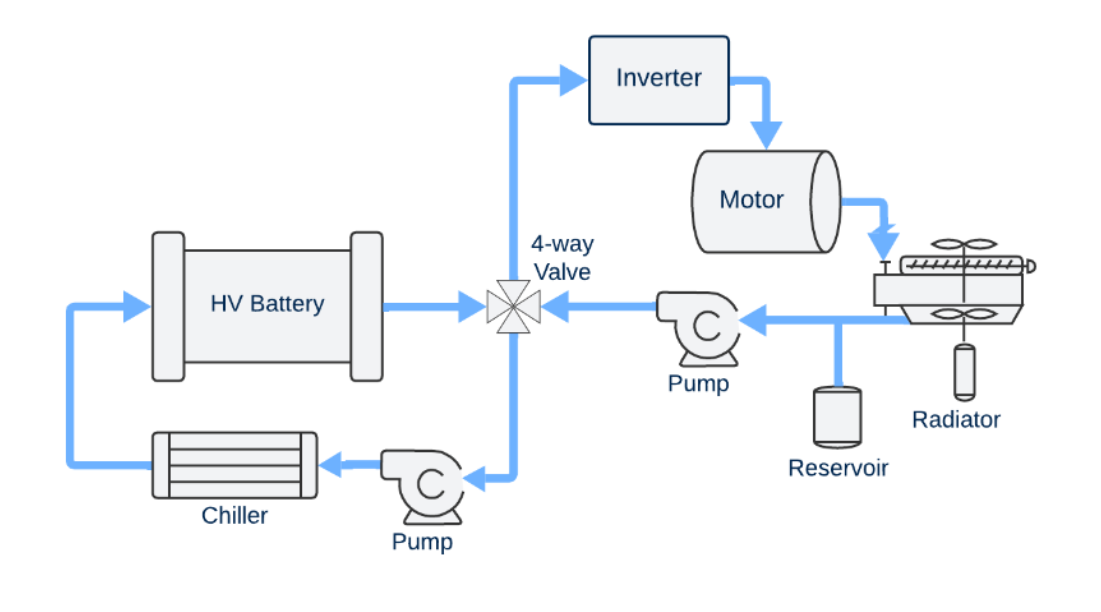An eight-year clinical trial conducted by the HonorHealth Research Institute has demonstrated a major breakthrough in treating structural shock — a life-threatening form of ultra-low blood pressure caused by severe damage to the heart’s valves. Using non-surgical techniques, the trial showed that 86% of patients survived at least three months and 73% survived at least six months, according to results presented by Dr. Rizik at the New York Valves 2025 Structural Heart Summit.
Structural shock occurs when damage to key valves, particularly the mitral and aortic valves, severely reduces blood flow. While cardiogenic shock is often caused by blocked arteries, structural shock results from conditions like valve regurgitation and is difficult to treat surgically because many patients are too sick for open-heart surgery.
At HonorHealth, instead of undergoing surgery, patients were treated in a cardiovascular catheterization lab. Specialists used catheters threaded through blood vessels to repair the mitral valve with a transcatheter edge-to-edge clip, preventing blood from leaking backward into the lungs. They also implanted a mechanical circulatory support device — a small motorized pump — to help move blood from the left ventricle into the body, supporting circulation while the heart recovered.
This innovative approach has provided hope for a patient population with historically poor survival rates. Dr. Rizik noted that, on average, more than 90% of cardiogenic shock patients do not survive. The study’s success reflects a collaborative effort by cardiologists, cardiovascular surgeons, and critical care specialists.
The paper, published in the Journal of the Society for Cardiovascular Angiography & Interventions (JSCAI), is one of the largest single-center studies of transcatheter valve repair for structural shock. Dr. Rizik now plans to expand this research through larger trials with other hospitals to refine and validate these non-surgical treatments for broader patient groups.








